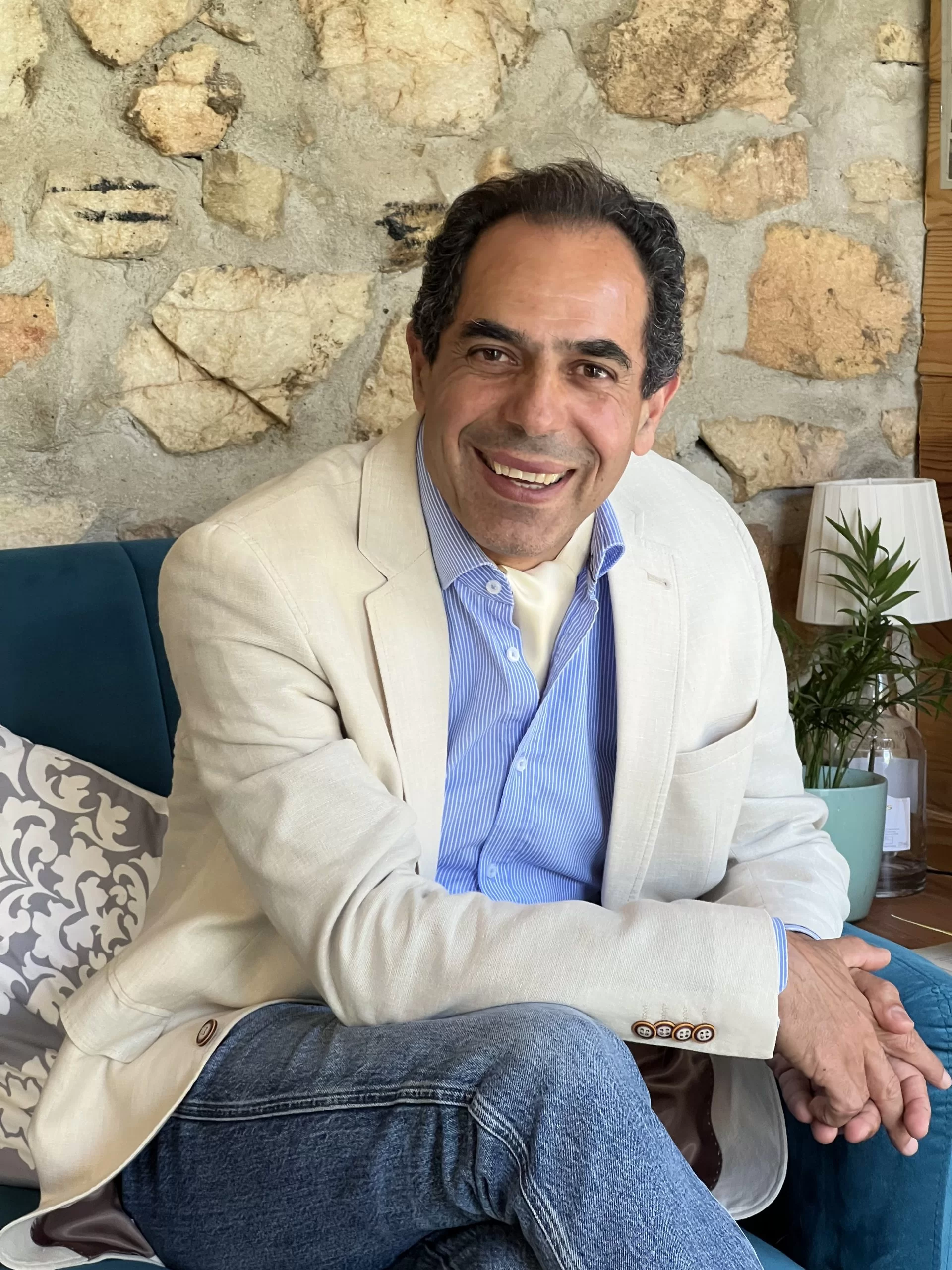Is It Okay to Speak While Holding Notes?
This is one of the most commonly asked questions and problems of novice speakers.
Most of us have been taught to write essays and we have read many books, so when it comes to preparing for a speech, we are great at writing the speech.
The Problem With a Word-Perfect Speech
The speech draft turns out to be great, in our mind it sounds wonderful, we might even practice reading it out loud to test it. What we are eventually left with is a word-perfect document — a speech that sounds great on paper.
However, the minute we put the paper down and try to recount it from memory, we realise that we are unable to remember it word for word.
When Stress and Anxiety Take Over
At this point, stress kicks in as we realise that we might forget part of the speech or the order in which we want to present it. Couple that with the added stress and fear of public speaking, and the anxiety alone will make us forget everything we wanted to say.
I admit that many times I have rehearsed certain things in my head before getting up to speak. I had been clear on the points I wanted to mention, yet minutes after I finish and have sat down, just as I relax, I remember that I forgot maybe one or two points which were important.
Why We Forget Under Pressure
Under the pressure, it is normal for us to forget what we want to say and how we wanted to say it. We’ve all seen it — a speaker shuffling papers nervously, eyes buried in a script and desperately searching for the next line or point.
The Real Issue With Notes
The problem of reading from notes is not so much the notes, rather the lack of practice of being able to read from notes. In these cases, the inexperienced speaker tends to deliver a monotonous speech, head down throughout the full presentation, with practically zero or very little interaction from the audience.
Notes Are Not the Enemy
However, it is possible to read from notes and still look professional. Notes are not the enemy — notes are a tool. Even world leaders, TED speakers, and professional keynoters use them. The key is not if you use notes, but how you use them.
When and Why Notes Help
For those nervous about forgetting key points, getting sidetracked, or needing to deliver a word-perfect presentation, notes provide a safety net. They allow one to stay on track, manage time, and hit important beats — especially in high-stakes talks.
The Key Difference: Preparation
The big difference lies between how you use them and how well you prepare yourself. If you bury your face in the paper while presenting and read the text in a continuous, monotonous voice, you lose connection with your audience almost immediately.
However, if you come prepared, having read the script aloud, you will be able to glance at your notes like a seasoned guide. Each paragraph helps you start off, while your memory kicks in, allowing you to glance at the audience in between paragraphs.
Preparation allows you to modulate your voice as you know where endings and emphasis are meant to be. You stay in control throughout the presentation, speaking as if it was a natural conversation.
Tips to Make Notes Work for You
- Use bullet points or key phrases – not full paragraphs
- Choose well-spaced, large font – easy to scan quickly
- Use cards or a single page – not a thick stack
Practice Makes Notes Invisible
The key to a good presentation is: Practice. Practice will make your notes invisible. The more you rehearse, the less you need your notes. Eventually, they become a comfort object more than a necessity. But even if you glance at them, no one will care.
When you practice, you will deliver with confidence, energy, and eye contact. This ultimately is what makes a great presentation.
Conclusion: Yes, It's Okay to Use Notes
To conclude, I would say, YES, it’s okay to speak while holding notes. I do it when required and not just me — all the speakers I know will have some notes or guidelines to follow for their presentations and speeches.
What matters most is that you come prepared so you can connect with your audience, deliver value, and speak with authenticity. Notes can support you, but they should never replace you.

